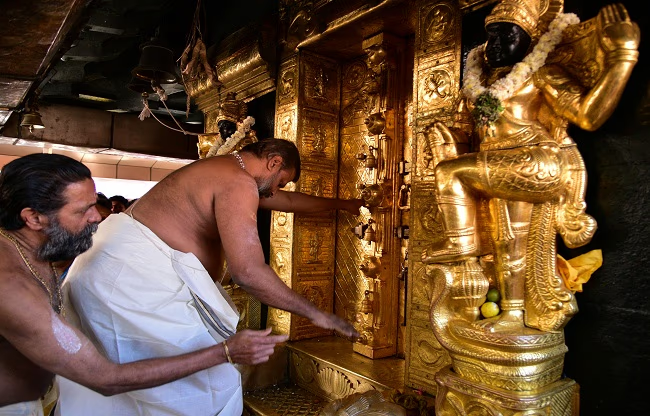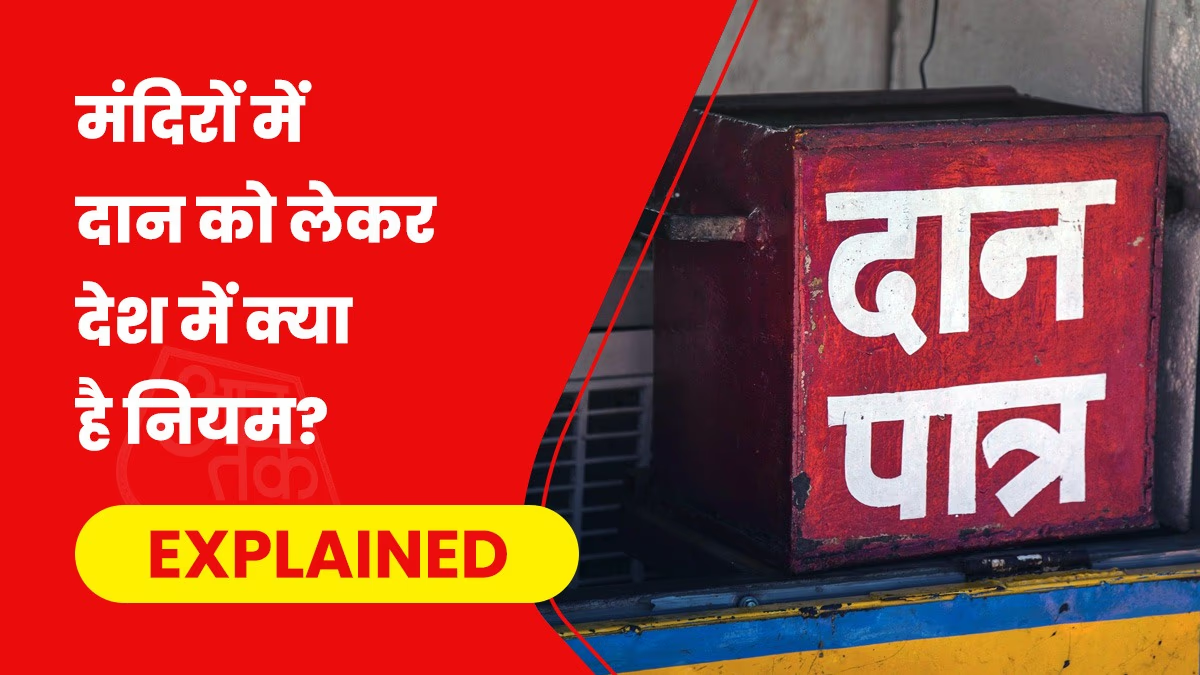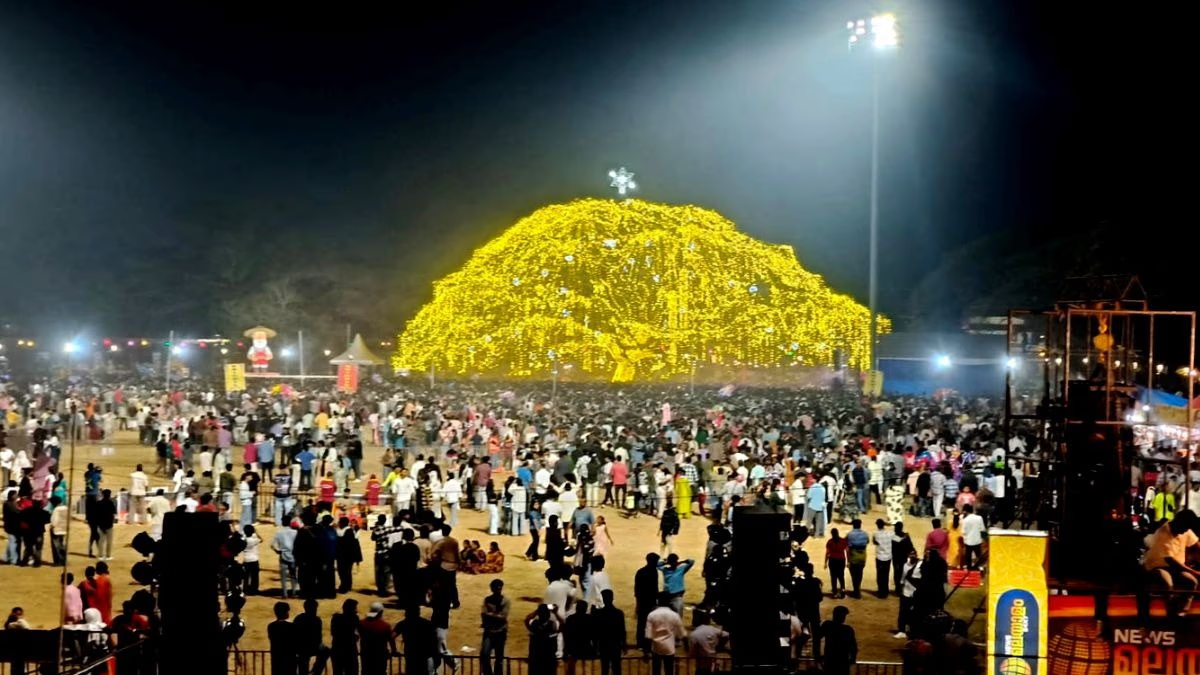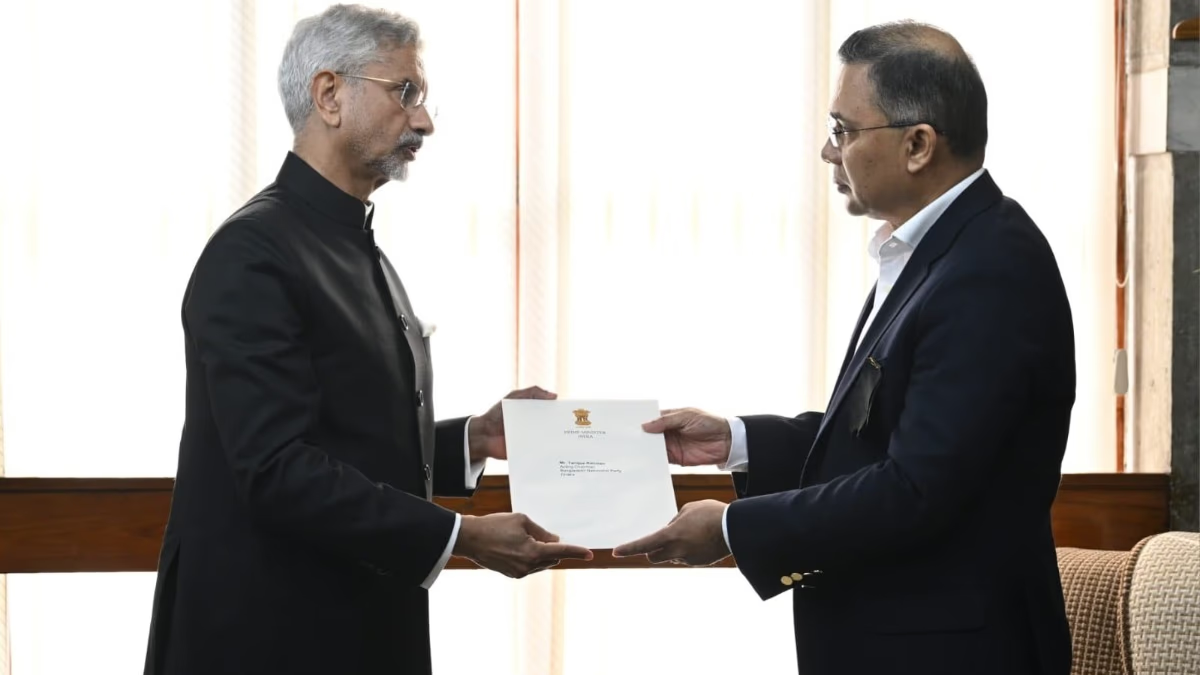Devotees often donate out of faith at temples, though sometimes errors occur. Such a mistake was made by a devotee at the Arulmigu Kandaswamy Temple in Tamil Nadu, where an iPhone accidentally landed in the donation box. Although the owner desires its return, temple administration claims the donor no longer holds rights over it, though data retrieval might be possible. This intriguing case sheds light on donation-related laws in the country.
Globally, laws oversee donations to ensure proper management at religious sites, similar to those in our country. Sometimes, these laws introduce complexities, as seen in this recent case where items accidentally dropped in the donation box are still viewed as donations. Discover the laws governing donations from the south to the north.
Numerous Laws Govern This
- Under the Indian Trusts Act, 1882, temples are treated as charitable and religious trusts, managing donations and contributions. These laws oversee trust operations, trustee responsibilities, and donation usage.
- The Hindu Religious and Charitable Trust Act applies to states like Andhra Pradesh, Karnataka, and Tamil Nadu in the south. State boards ensure the proper use of temple donations here.
- Under religious and charitable trust laws, donations received by temples must be utilized for charity purposes.
- Some states have special commissions, like the Maharashtra State Temple Committee, to oversee temple and religious trust affairs, handling offerings and other religious activities management and monitoring.
- The Foreign Contribution Regulation Act mandates registration for temples receiving foreign donations.

Source: aajtak
Considered God’s Property
Donations are generally given voluntarily. Under the Hindu Religious and Charitable Trust Act, refunds are not feasible. It’s assumed the donation has reached the divine, and what belongs to God should not be taken back from a religious perspective. Be it money or objects, they become temple property, earmarked for charity use or planned for future projects.
Demanding Return for Unintentionally Extra Funds Donation Possible?
If someone donates a significant amount by mistake and can prove they didn't intend such a large donation, they can request the temple administration to return the excess amount. However, it's not mandatory for the temple trust to comply, as it's subject to their discretion.
Regarding an iPhone or similar items not usually donated at temples, the matter might be brought to court. Here, proof must be shown that the donation was unintentional. The temple will also present its arguments, leading to a decision. However, it's reiterated that the ruling may not favor the donor.
Can One Request Return for Donations under the Income Tax Act 1961?
Donation refunds are typically unlikely since donations are deemed voluntary. Under the Income Tax Act, only tax exemptions are granted, with no clear stance on refunds.

Source: aajtak
Reclaiming Donations Under Income Tax – Some Guidelines Exist
- If a donor can prove deception in receiving the donation, they can file a case in civil court.
- If conditions set during donation do not seem fulfilled post-donation, return pathways may open. For instance, if funds were donated for a school or hospital that remained unbuilt, the donation can be reclaimed.
- If the institute or trust denies following pre-set conditions post-donation, legal recovery attempts can be made.
Also, if the donor seeks a refund after claiming tax benefits for the donation, those benefits automatically end.
Previous Cases of Accidental Donations
While the iPhone incident is currently in the limelight, accidental donation cases in donation boxes aren't new. Last May, a woman accidentally dropped her gold chain in a southern temple’s box. She sought its return. The temple administration investigated and CCTV footage verified the chain fell accidentally. The trustees then sent the woman a new gold chain of the same weight and value at their expense.




